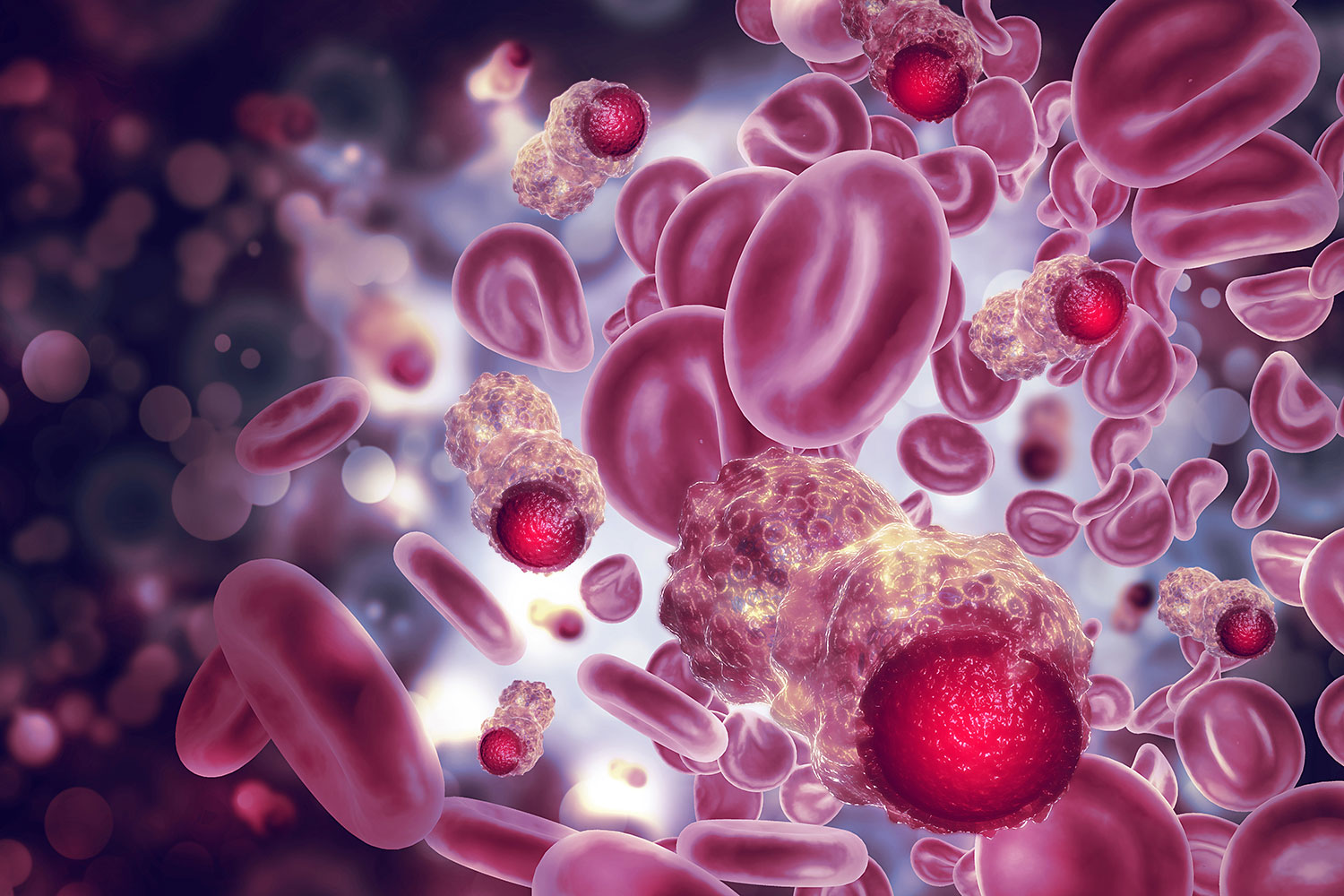In all of its forms, cancer is on the rise worldwide and becoming more deadly with various affecting factors. Colon cancer used to be a condition that only affected persons over the age of 50. Still, in the last decade, the number of cases among the younger population has increased dramatically. It’s startling to learn that nearly a third of people diagnosed with colon or rectal cancer or colorectal cancer are under the age of 40. Due to this, Colorectal cancer is considered the seventh most prominent cause of death in India, although being less common than in Western countries. Most colorectal malignancies begin as colon polyps, which are abnormal growths in the colon’s wall. If left untreated for a long time, certain polyps can turn into cancer (usually at least ten years). Because most colorectal cancers do not show symptoms early, screening is critical for cancer diagnosis. During a regular screening colonoscopy, physicians frequently discover colon cancer for the first time. When an individual is diagnosed with colon cancer, he/she and their loved ones go on an unknown trauma as they navigate the following steps in their life. Understanding the disease, taking the right precautions, and knowing the treatment option are essential steps a cancer patient must take after being diagnosed with cancer. In order to find the best cancer hospital in India, you can visit Credihealth that allows you to book an appointment with the best cancer specialist.
Care begins with cancer staging – A colonoscopy is a gold standard for detecting colon cancer and is performed by a trained professional. A colonoscopy is performed to remove polyps, which are abnormal growths in the colon that can become malignant.
If the biopsy findings reveal cancer, the next step would be to do imaging studies to determine the kind of malignancy. Imaging tests are used to determine if cancer has spread to any organs or lymph nodes in the body.
Doctors will then identify the stage of cancer-based on all of the information they have gathered:
Stage I – The initial phase of colon cancer includes a tumor in the colon wall that has only developed into the inner surface of the colon wall.
Stage II – The tumor has progressed through the muscular layer of the colon’s wall and is now visible.
Stage III – During this stage, cancer has progressed to the regional lymph nodes in the abdomen, which are located surrounding the colon.
Stage IV – During the fourth stage, cancer spreads to other body areas (soft tissue organs like liver or lung, distant lymph nodes, or bones).
Steps to take next after stage detection – In many cases, the exact stage of colon cancer is established after cancer has been removed during surgery for stage I, II, or III cancer. Individuals who have been diagnosed with colorectal cancer have a variety of treatment choices to choose from. You can also select a Cancer hospital in India that provides clinical trial-based treatment on Credihealth. Even in its later stages, doctors can successfully treat this malignancy. Following the determination of the cancer stage, your care team will discuss the suggested treatment strategy with you.
The following are examples of colorectal cancer treatments:
Chemotherapy – The type of treatment for colon cancer uses intravenous or oral medicines to destroy cancer cells or prevent them from developing.
Immunotherapy – The following cancer treatment makes use of the body’s immune system to combat cancer.
Radiation treatment – Oncologist uses particle radiation to a specific area of the body to try to destroy cancer cells that are dividing at a quicker rate than normal live cells.
Radiofrequency ablation – The treatment type contains high-energy radio waves from the tip of a specialized needle to tumors to destroy them.
Surgery for colon cancer – To eliminate cancer that has spread, a surgeon may need to remove part or all of the colon and any lymph nodes in the surrounding area. Also, Doctors utilize laparoscopic or robotic technologies in this newer method to treat colon cancer. In comparison to open surgery, these techniques employ smaller incisions. The objective is the same: obliterate the malignancy, including lymph nodes if necessary.
The term “targeted treatment” refers to drugs that are specifically designed to destroy colon cancer cells containing a specific gene mutation. The best Cancer hospital in India uses advanced targeted drugs and other cancer treatment technology to treat colon cancer.
A patient diagnosed with colon cancer can find the best cancer hospital in India on Credihealth. You can also book a second option on any cancer treatment for colon cancer with an oncology expert team through Credihealth.





